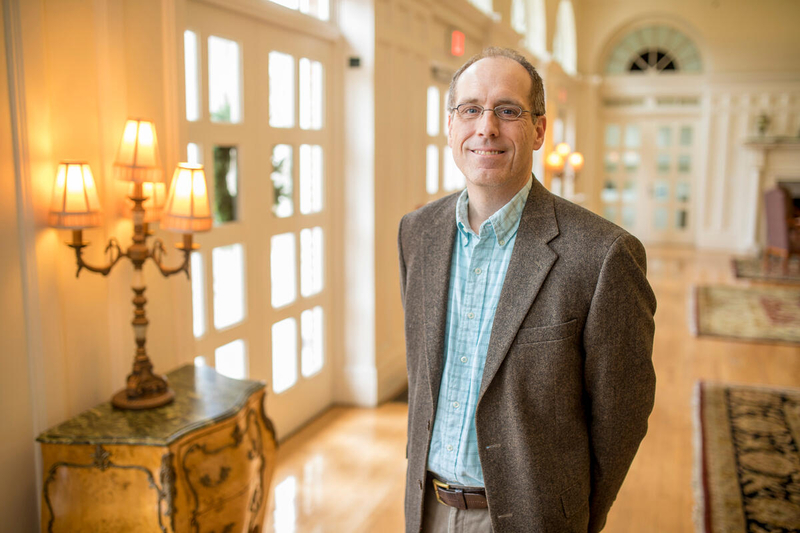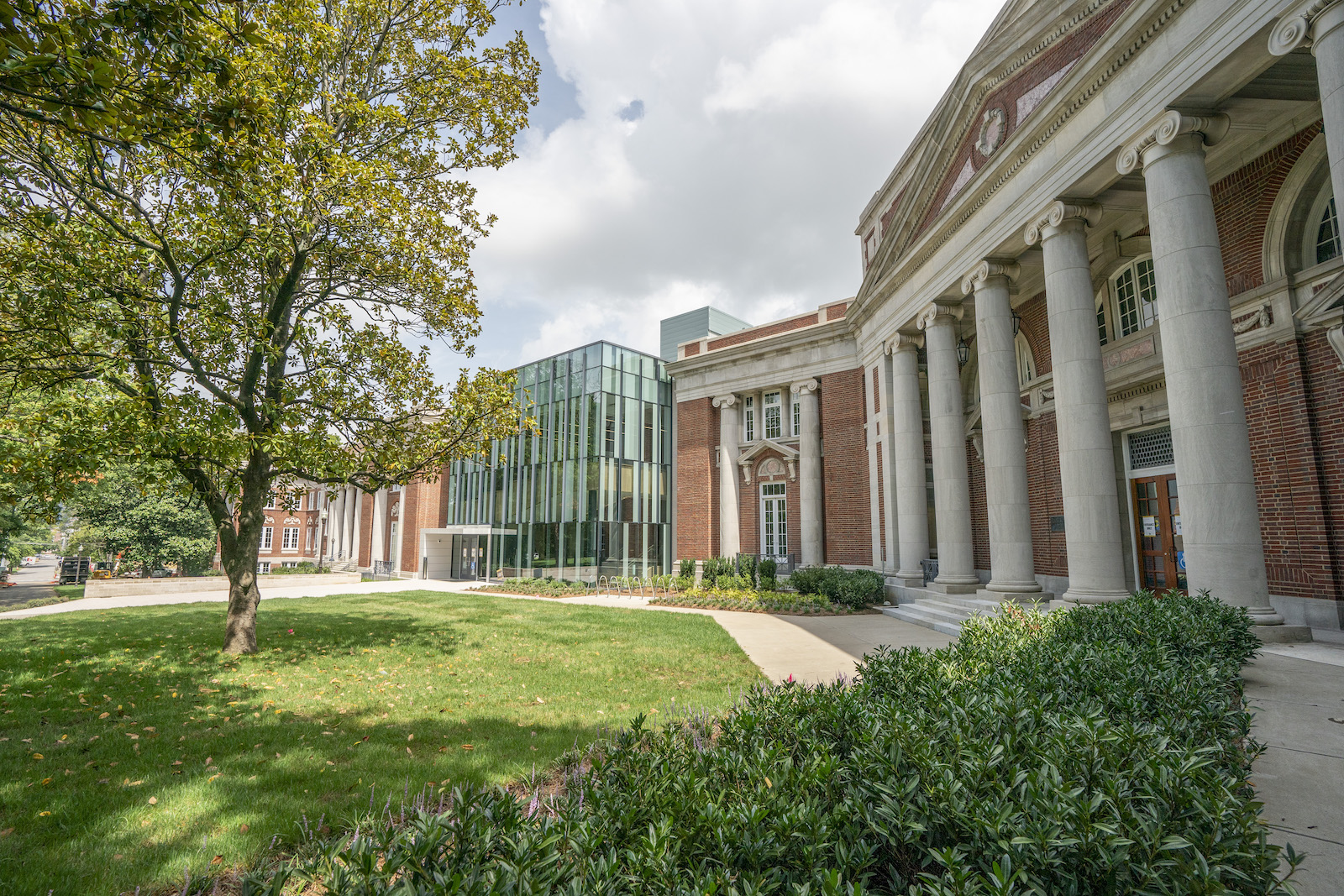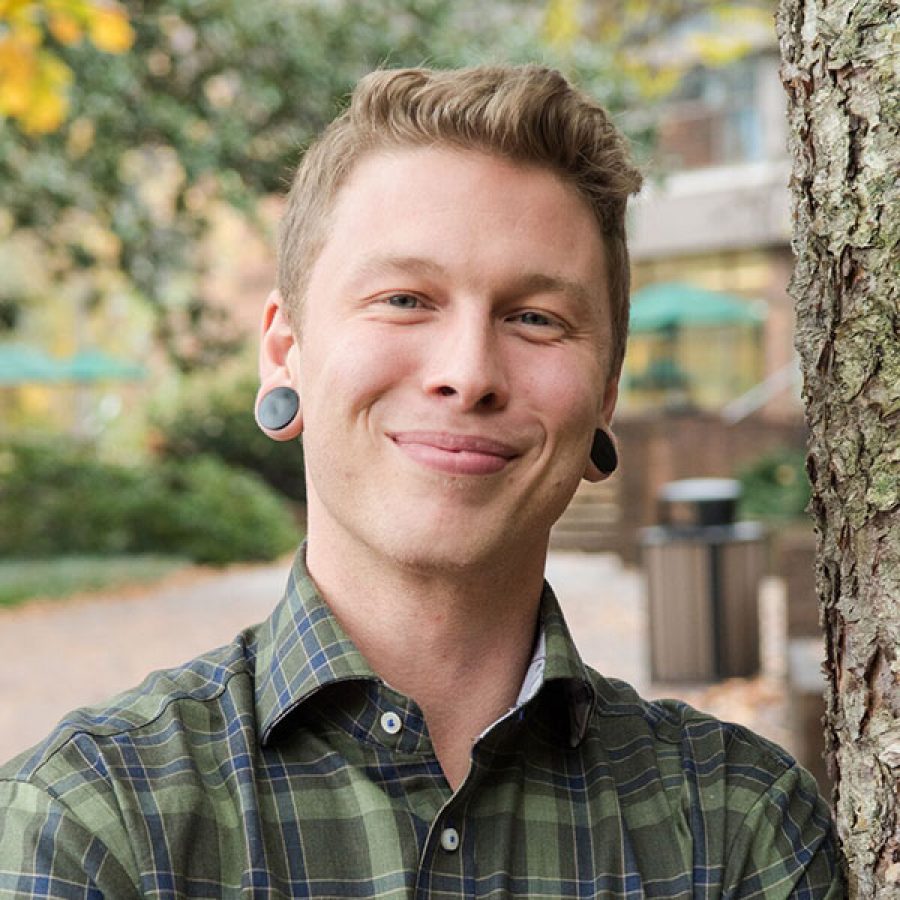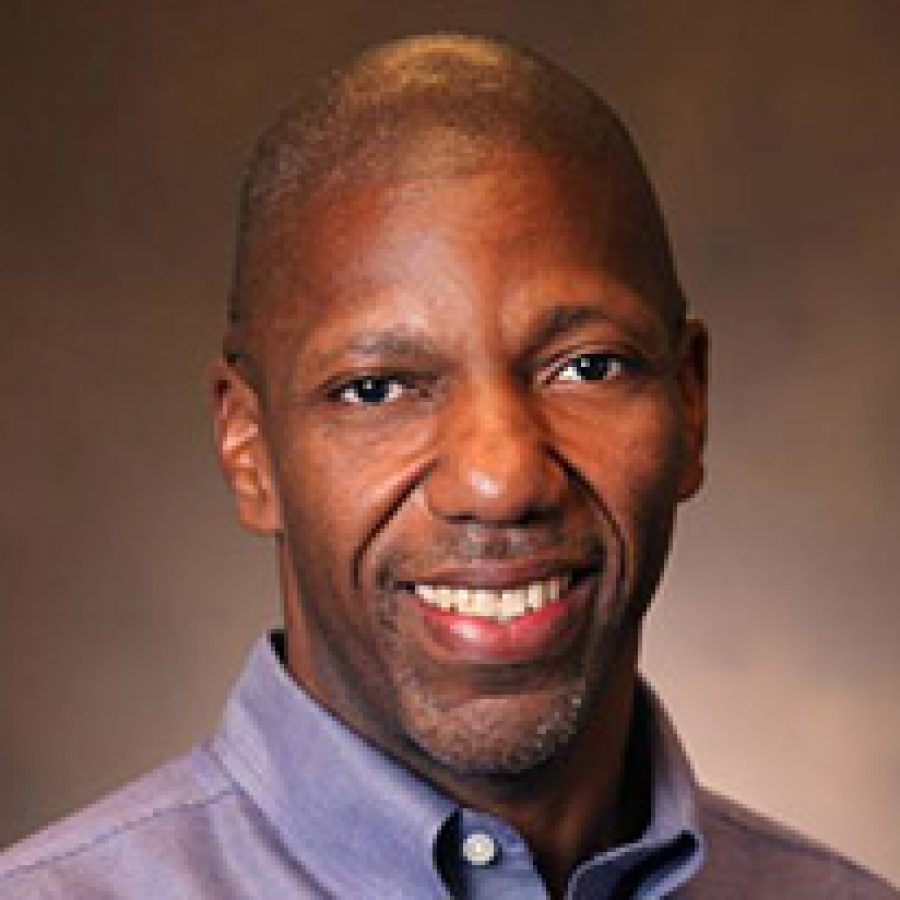Quick links
Program Overview
Gain experience working with diverse populations in diverse contexts. Learn to translate sound theoretical knowledge and research into effective counseling programs as a clinical mental health or school counselor.
You will acquire a strong theoretical grounding in human development, counseling paradigms, and change strategies. Courses are designed to foster close working relationships among you, our faculty, and community partners. This personalized approach results in more productive classroom time and a more valuable field experience. Train in Clinical Mental Health Counseling or School Counseling or combine the two tracks.
Mission and Program Objectives
Careers in Human Development Counseling
Specializations
The Human Development Counseling program offers three curriculum tracks:
With two distinct tracks as part of the graduate program in Human Development Counseling, there are two common career paths for our alumni:
- Clinical Mental Health Counseling students often seek licensure and enter positions as Licensed Professional Counselors in for-profit or nonprofit agencies, private practice settings, or at private or charter schools as a mental health counselor on staff. Some go on to doctoral study in counseling or related fields.
- School Counseling students often obtain licensure and work as school counselors in public or private K-12 settings. Some go on to doctoral study in counseling or related fields.
- Dual Track Option students meet all requirements for both of these specializations. Some go on to doctoral study in counseling or related fields.
2023 Program Outcomes Report
2022 Program Outcomes Report
2021 Program Outcomes Report
2020 Program Outcomes Report
Passing Rates on Credentialing Examinations
NCE
| NCE | ||
| 2023 | 40/40 | (100%) |
| 2022 | 31/31 | (100%) |
| 2021 | 23/23 | (100%) |
| 3-year Total | 94/94 | (100%) |
Praxis
| Praxis (School Counseling) | ||
| 2023 | 22/22 | (100%) |
| 2022 | 20/20 | (100%) |
| 2021 | 18/18 | (100%) |
| 3-year Total | 60/60 | (100%) |
Degree Completion Rates
CMHC
| CMHC | |||||
| E | C | CS | W | ||
| 2023 | 37 | 35 | 1 | 1 | |
| 2022 | 38 | 33 | 3 | 2 | |
| 2021 | 24 | 22 | 1 | 1 | |
| 3-year Total | 99 | 90(91%) | 5(5%) | 4(4%) | |
School Counseling
| School Counseling | |||||
| E | C | CS | W | ||
| 2023 | 14 | 12 | 0 | 0 | |
| 2022 | 26 | 21 | 2 | 3 | |
| 2021 | 28 | 20 | 3 | 5 | |
| 3-year Total | 68 | 52(78%) | 5(7%) | 10(15%) | |
Dual Track
| Dual Track | |||||
| E | C | CS | W | ||
| 2023 | 6 | 6 | 0 | 0 | |
| 2022 | 1 | 1 | 0 | 0 | |
| 2021 | 0 | 0 | 0 | 0 | |
| 3-year Total | 7 | 7(100%) | 0(0%) | 0(0%) | |
Job Placement Rates
| CMHC | School Counseling | ||
| 2023 | 35/35 (100%) | 22/22 (100%) | |
| 2022 | 33/33 (100%) | 21/21 (100%) | |
| 2018-2021 | 55/56 (98%) | 38/38 (100%) | |
| 3-year Total | 123/124 (99%) | 81/81 (100%) |
Program Facts
Program Director: Bradley T. Erford
Program Coordinator: Tonya Brown
Admission Term: Fall
Credit Hours: 60, 66 for dual
CACREP accredited through March 31, 2030.
Application Dates
-
Application Deadline 1
Jan 3, 2024
-
Application Deadline 2
Feb 3, 2024
-
Rolling Admissions
After Feb 3, 2024*
*Applications received after the Feb 3rd second deadline are reviewed on a rolling basis and accepted as space and funds allow.
Our Commitment to Equity, Diversity, and Inclusion
The program interweaves social justice and diversity topics into courses and co-curricular activities. Our training programs address core values of professional counseling, including developmental and cultural sensitivity, avoiding harm and imposing of values, and social justice advocacy at individual, group, institutional, and societal levels to address issues that inhibit growth and development.
Selected Faculty Research
Program Curriculum
Develop a strong theoretical grounding in human development and evidence-based practices within either program track: Clinical Mental Health Counseling or School Counseling. Courses are in person on campus.
A 1-year internship experience provides opportunities to apply your knowledge and skills.
Clinical Mental Health Counseling
The Clinical Mental Health Counseling track requires a 60-credit-hour program of study. Included in this curriculum is a full-year internship placement in a mental health or social service agency setting under supervision.
School Counseling
The School Counseling track includes a 60-credit-hour curriculum with a full-year internship placement in a school setting. This curriculum includes 51 credit hours of required courses and an additional nine semester hours of elective courses.
Dual Track: CMHC and School Counseling
The Dual track requires a 66-credit-hour program of study. Included in this curriculum is a full-year internship placement in a both a school and mental health or social service agency setting under supervision.
Coursework



